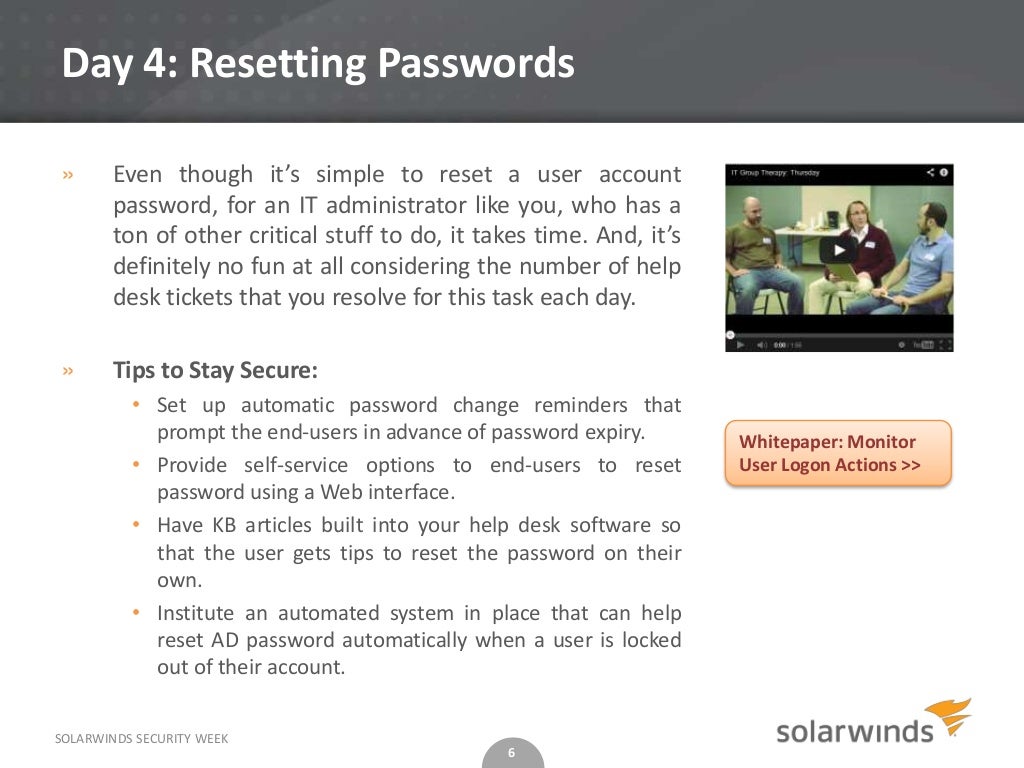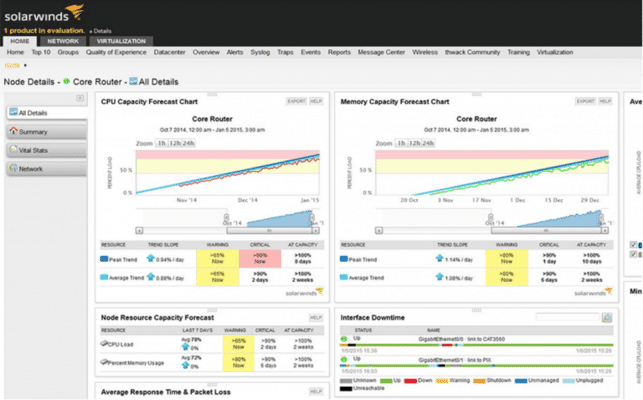
- #SOLARWINDS SECURITY VULNERABILITY UPDATE#
- #SOLARWINDS SECURITY VULNERABILITY SOFTWARE#
- #SOLARWINDS SECURITY VULNERABILITY PASSWORD#
It would be something that the most junior of internal red team or penetration testers would do as part of a standard information security audit.
#SOLARWINDS SECURITY VULNERABILITY PASSWORD#
One SolarWinds server with administrative power over other company computers was protected with the password “solarwinds123.” A password this simple-the company name and a few predictable additional bits like “123”-is part of any standard hostile password cracking attack. SolarWinds appears to have made it easy for the attacker to breach their supply chain. One of those original dairies, SolarWinds, didn’t notice that a few of their cows got swapped out for goats until somewhere down the line, someone with a goat milk allergy recognized what was happening and people started asking why there was goat milk in the cow milk supply chain.

It came from multiple suppliers via the distributors that build the supply chain that outputs your gallon of milk. In fact, it probably didn’t even come from a single dairy. If you purchase a gallon of milk at the store under a common name, like Darigold or Lucerne, you know intuitively that all the milk in that gallon didn’t come from a single cow. Think of it this way: Most people need to buy milk but rarely think about the supply chain that delivers it. Such supply-chain attacks are particularly challenging to detect.
#SOLARWINDS SECURITY VULNERABILITY SOFTWARE#
The updated software contained a backdoor that permitted Russian eavesdropping on every computer that contained the Orion software. When customers downloaded legitimate fixes from SolarWinds, they got a Russian wiretap along with it.
#SOLARWINDS SECURITY VULNERABILITY UPDATE#
The server that held the updated software was compromised when Russian hackers found a hole in SolarWinds network security, pivoted to the update server through the network, broke into that server, added a vulnerability to the patch pushed to customers, and recompiled the update to look innocent. To keep the more than 300,000 customers that use Orion on the latest version, SolarWinds would occasionally push out an update that client machines would receive and install. That tool was and remains widely deployed in U.S. The breach occurred via the Orion IT network management software developed by the Texas company SolarWinds. To understand why the SolarWinds breach was an act of espionage, and not an act of war, it is worth considering the technical details of the breach. The United States has experienced cycles of outrage over Russian espionage before and mislabeling espionage as an act of war risks leading the United States toward the wrong response. But the breach that leveraged weaknesses in software developed by the company SolarWinds was not an act of war. federal government and its information technology systems, policymakers were quick to describe the breach as “an act of war” and that the United States must strike back.

When news broke late last year that a massive, years-long Russian cyberespionage had penetrated large parts of the U.S.


 0 kommentar(er)
0 kommentar(er)
